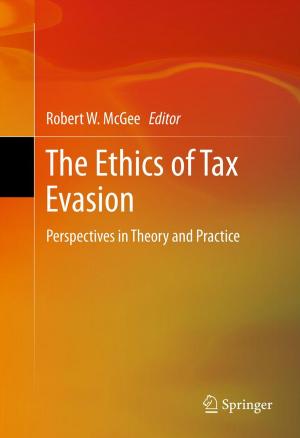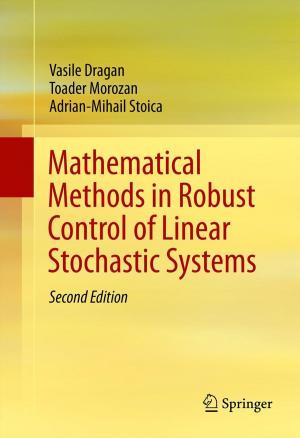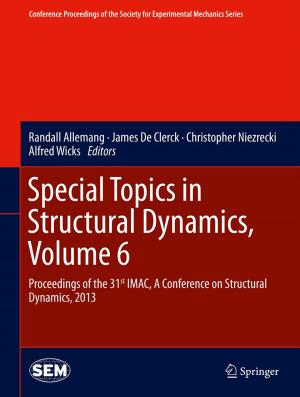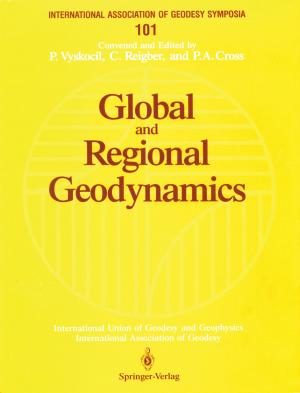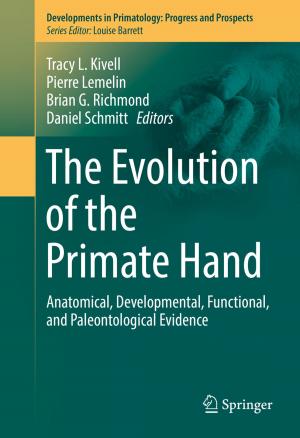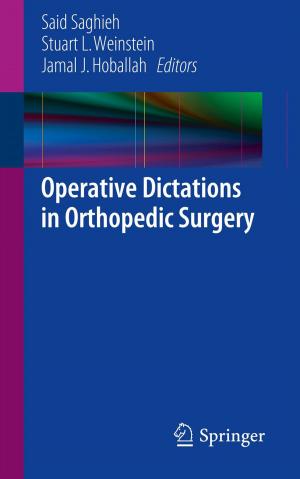Microeconomic Theory and Computation
Applying the Maxima Open-Source Computer Algebra System
Business & Finance, Economics, Econometrics, Microeconomics| Author: | Michael R. Hammock, J. Wilson Mixon | ISBN: | 9781461494171 |
| Publisher: | Springer New York | Publication: | November 30, 2013 |
| Imprint: | Springer | Language: | English |
| Author: | Michael R. Hammock, J. Wilson Mixon |
| ISBN: | 9781461494171 |
| Publisher: | Springer New York |
| Publication: | November 30, 2013 |
| Imprint: | Springer |
| Language: | English |
Economists can use computer algebra systems to manipulate symbolic models, derive numerical computations, and analyze empirical relationships among variables. Maxima is an open-source multi-platform computer algebra system that rivals proprietary software. Maxima’s symbolic and computational capabilities enable economists and financial analysts to develop a deeper understanding of models by allowing them to explore the implications of differences in parameter values, providing numerical solutions to problems that would be otherwise intractable, and by providing graphical representations that can guide analysis. This book provides a step-by-step tutorial for using this program to examine the economic relationships that form the core of microeconomics in a way that complements traditional modeling techniques. Readers learn how to phrase the relevant analysis and how symbolic expressions, numerical computations, and graphical representations can be used to learn from microeconomic models. In particular, comparative statics analysis is facilitated. Little has been published on Maxima and its applications in economics and finance, and this volume will appeal to advanced undergraduates, graduate-level students studying microeconomics, academic researchers in economics and finance, economists, and financial analysts.
Economists can use computer algebra systems to manipulate symbolic models, derive numerical computations, and analyze empirical relationships among variables. Maxima is an open-source multi-platform computer algebra system that rivals proprietary software. Maxima’s symbolic and computational capabilities enable economists and financial analysts to develop a deeper understanding of models by allowing them to explore the implications of differences in parameter values, providing numerical solutions to problems that would be otherwise intractable, and by providing graphical representations that can guide analysis. This book provides a step-by-step tutorial for using this program to examine the economic relationships that form the core of microeconomics in a way that complements traditional modeling techniques. Readers learn how to phrase the relevant analysis and how symbolic expressions, numerical computations, and graphical representations can be used to learn from microeconomic models. In particular, comparative statics analysis is facilitated. Little has been published on Maxima and its applications in economics and finance, and this volume will appeal to advanced undergraduates, graduate-level students studying microeconomics, academic researchers in economics and finance, economists, and financial analysts.



